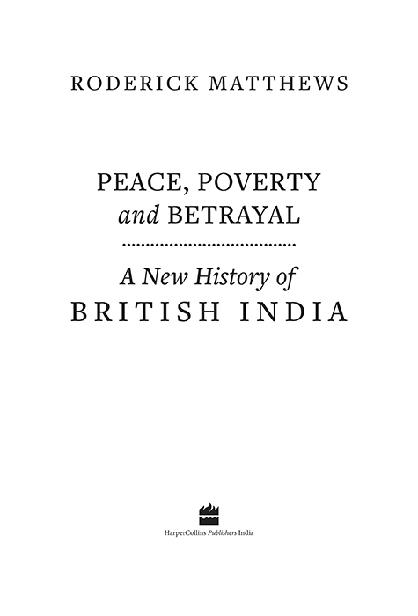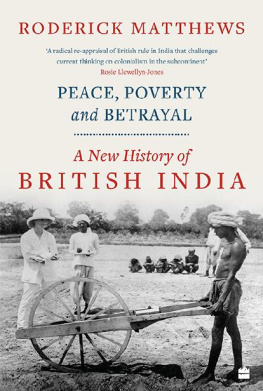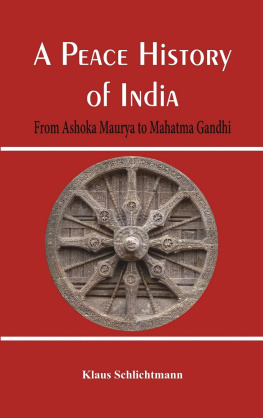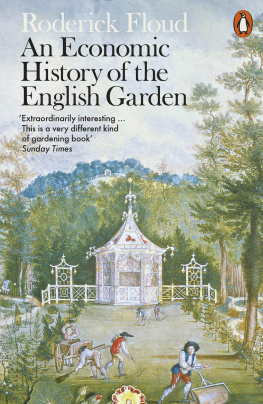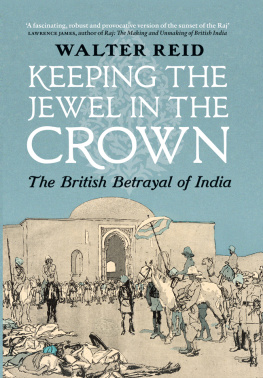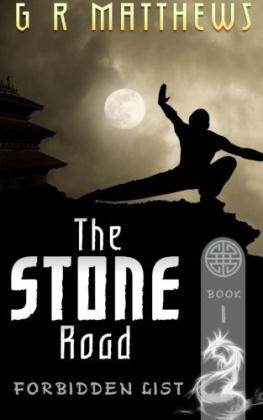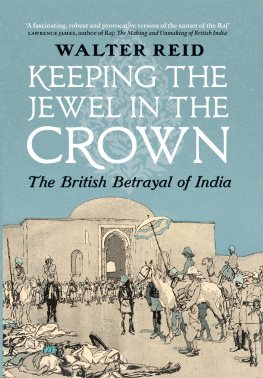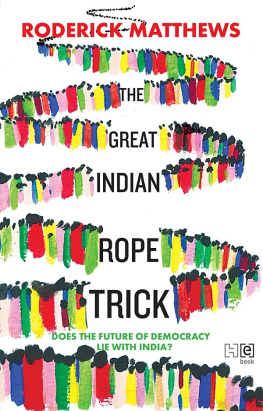Why is there a large, modern political unit called India? And why is it a liberal democracy? To find answers, we must look at what happened in South Asia between 1600 and 1947.
The aim of this book is to lay out a fresh account of the British presence in South Asia across those years. The point is not to ask whether British rule in India was a good or a bad thing; like all governments it can be seen as both. Nor does it matter whether we approve of what happened. For good or ill the British governed in India for nearly two centuries, 1765 1947. That would be a long time for any regime that was irredeemably bad, and the hardy endurance of British rule might suggest that it brought sufficient benefit to enough people to have survived for so long.The thrust of the argument that follows here is that this was indeed the case.
So how did a small island come to rule a large subcontinent? How did British India ever appear?
Whigs and Empire
The key to making sense of all this lies in understanding Britains rise to global prominence through the eighteenth century. That rise was principally because the British managed to solve a perennial problemhow to transfer political power peacefully between individuals and across generations.
After a traumatic period of war and disruption (164089), the elite classes in Britain came to a series of compromises, for the sake of a greater prizea peaceful and productive society, in which people felt secure, and were allowed to express forms of imagination and creativity that benefited the wider group. This was far from an idealistic or utopian system; its supporting philosophyWhiggismwas largely pragmatic.
Eighteenth-century British Whigs were not egalitarians, and neither were the early industrialists who pioneered new technical and commercial activities at that time. Their collective priority was to create and enjoy wealth in an environment of civil peace, not to reform the fundamental rules of society.
The Whig compromise was essentially a balancing act within a class, not an inclusive settlement between classes. Whigs were wary of holding power over each other, but were not unduly concerned about the dangers of wielding authority over anyone outside their circle. Here was an elite that was suspicious of excessive concentrations of power, and possessed a narrow sense of political responsibility; Whigs believed that the government should look after everyones interests, in due proportion to their social importance. This provided a viable foundation for the creation of national liberal institutions, but it could only ever lend a very self- interested style of guidance to the transnational colonial system that grew out of it, because the limitations involved remained invisible to those who worked within them.
The transnational system that grew out of domestic Whig practice was inherently unresponsive, characterized by arrogance among those at the top, who took care to distance themselves from those at the bottom. It had insuperable gradients of power within it, though these were somewhat mitigated by the principles of conditional liberty that Whigs professed to believe in. But with the acquisition of overseas territories, the Whig political model was soon stretched far beyond its natural scale.
The corruption of powersomething that Whigs thought they had addressed among themselveslurked within the restricted degree of vertical dialogue within their system, and while they gradually addressed this at home through political reform, the longer arms of Whig governmentin Ireland,America and eventually Indiaremained tainted with arbitrary power.
Satisfied with their own arrangements, and fiercely proud of parliamentary government, the British came to believe that their form of domestic peace was more than a local cultural achievement, and was increasingly explained by Britons in terms of other thingssuperior national character, Protestantism, whiteness, or even just the bracing climate of a northern island. Self-congratulation disguised the greatest flaws in the nascent empireits defective accountability and its predisposition towards hierarchy. But the beneficial economic aspects of the new imperial structure put Britain ahead of not just contemporary Europe, but the rest of the world.
In 1600, Europe and Asia were broadly equal in technology. It was the next century that saw Europe draw ahead, with rational science and capitalist forms of finance and public credit. All this laid the foundations for both industrialization and colonialism, and helped set up a stereotypical division between an active, vigorous West and an ancient, slothful East.
The great British achievement was to create a culture in which political activity did not involve lethal risk, and which allowed free enquiry, open debate and the reasonable expression of dissent.This produced a range of tangible benefits, which the British took with them to India, where many Indians willingly recognized the attractions of the culture, adopted its attitudes and accepted its institutions. Meanwhile the British began to learn about the various problems that inevitably grew out of government which was not self-government. This education helped to guide the domestic British political system in its own process of reform.
The arrival of consensual, secular politics in Britain released national energies of such dynamism that two subsequent political systems, both on a continental scale, were eventually to arise out of ita decentralized Whig republic in North America and a centralized liberal democracy in India.
The British worked out how to take the violence out of personal politics, and how to generate and transfer political power in an orderly manner. This was done before the development of democracy, and directly paved the way for its arrival. Indians managed a reciprocal discovery how to take the collective violence out of mass politicsusing an analysis that fully appreciated all the causes and effects of political action.This too created a platform upon which democracy could be built.
The Anglo-Indian connection was thus instrumental in creating the first stable liberal democracies in both Europe and Asia.This was not a coincidence; there were evident historical processes at work. The enmeshed quality of the Anglo-Indian relationship goes right back to its earliest days. There was always an indigenous Indian liberal constituency; all the social reforms sponsored by the British had extensive local support.
Here it is also appropriate to emphasize that, across the longer view, the substance of the Anglo-Indian link was not primarily economic.The British made money in India, but they always made more money elsewhere.The substance of the link, its real value to Britain, was not primarily economic: it was geostrategic.
Overemphasis on economics leaves too many questions unanswered, especially in terms of speculation about a massive outflow of wealth from India to Britain.Imperialisma troubling and inexact termwas never an economic doctrine.There was never close agreement among the economists who tried to define it: between 1902 and 1920, Hobson, Kautsky, Hilferding, Rosa Luxemburg, Lenin and Schumpeter all came up with different interpretations.
Imperialism was a jumble of cultural and political attitudes, born of victory and sustained by dominion, fond of hierarchy and uncritical of supremacism. But in its British avatar, it was also tempered with humanitarian concerns and an occasional taste for self-criticism.
